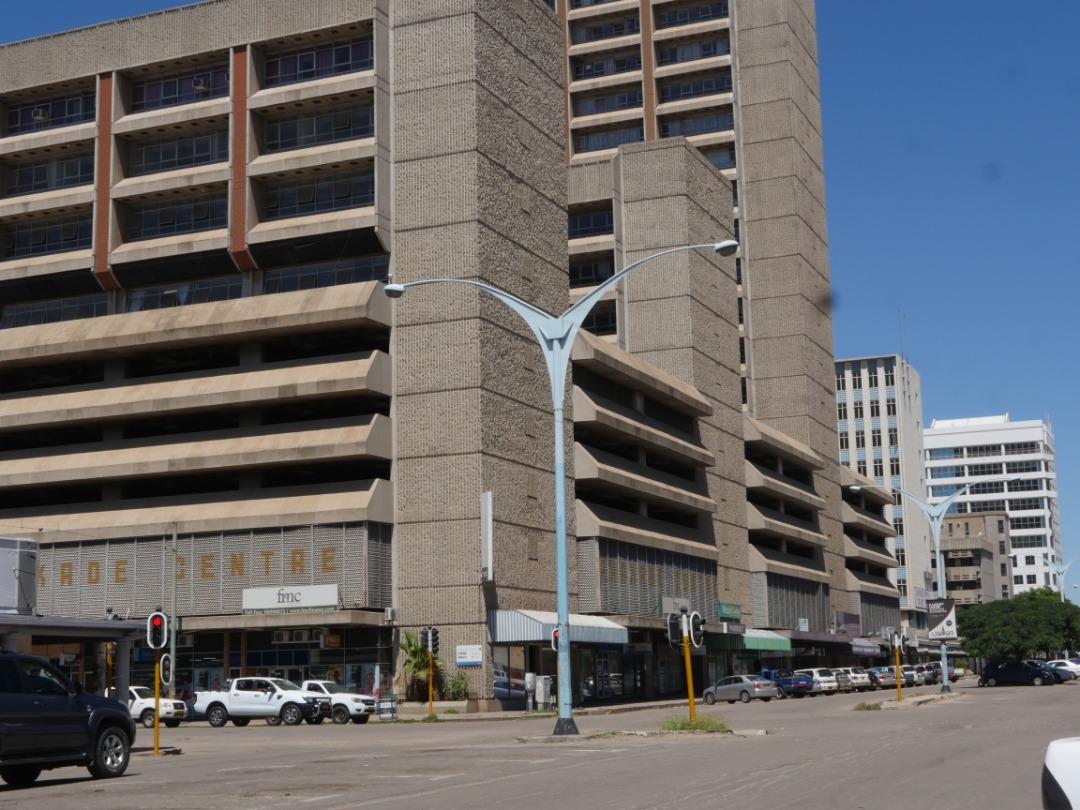There was no sighting of soldiers on the streets of Bulawayo on the first day of the 21-day national lockdown aimed at containing the spread of coronavirus cases in Zimbabwe, which currently stand at seven with one death.
However, the Zimbabwe Republic Police (ZRP) was out in full force encouraging residents to adhere to the lockdown order.
The lockdown which began on March 30,2020 will run until April 19, 2020, and is subject to review.
While announcing the lockdown last Friday evening, President Emmerson Mnangagwa said security services could be deployed to make sure there was compliance.
“To ensure strict compliance, I’ve directed the national command element of our security arms to deploy as appropriately in support of civilian authority,” he said.
As the president read out the restrictions that people should abide by such as closing non-food markets and stalls, he said, “Should it become necessary security forces would be deployed to assist in the enforcement of these and other measures and maintain order at these markets.”
Police details, on foot, horseback and cycles were seen monitoring the situation in Bulawayo CBD, which was quiet.
They also mounted roadblocks on some of the major roads leading to the city centre and those who had no ‘valid’ reason to be in the CBD were turned away.
In the western suburbs, police officers were dispersing people who were milling around.
Gain Wholesalers along Steeldale Road had scores of people waiting to buy groceries but the police came and dispersed the crowd.
In areas such as Magwegwe North, police dispersed people from the shops while shopkeepers were given a short period of time to close their stores.
Residents were also blocked from buying alcohol from the bottle stores.
In Sizinda and Tshabalala, supermarkets were operating but not allowing customers inside, opting to serve them by the door.
The day before lockdown, police were going around the city centre, encouraging Zimbabweans to comply with the requirements of the national 21-day lockdown today, saying failure to do so will result in them being arrested and prosecuted.
According to a prohibition notice from the government, every individual is confined to his or her home and may not leave except temporarily to buy basic necessities or to buy medicine among other things.

